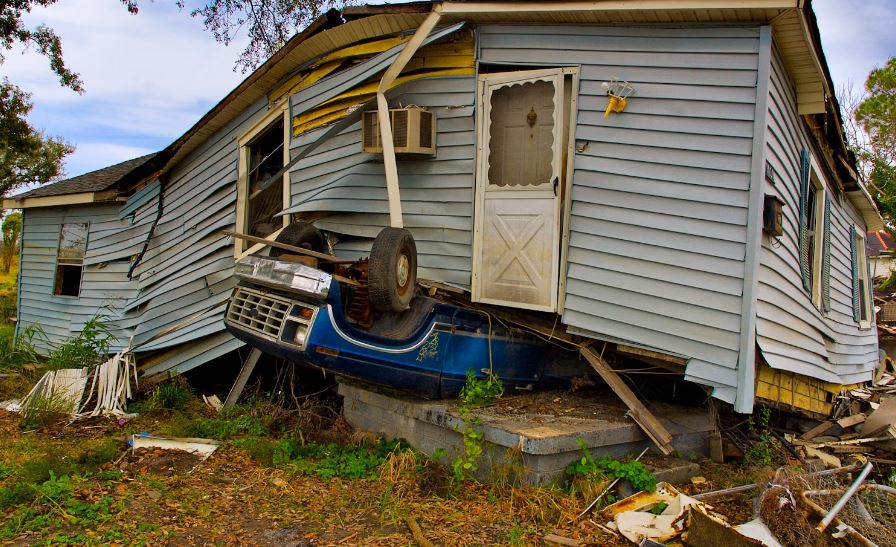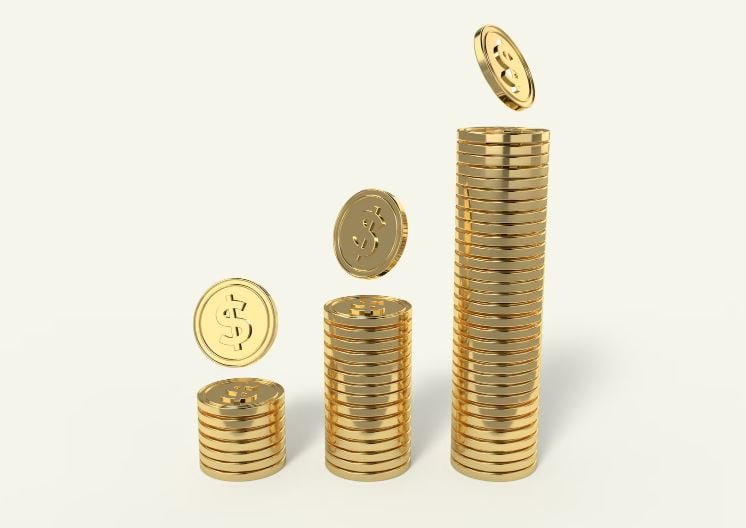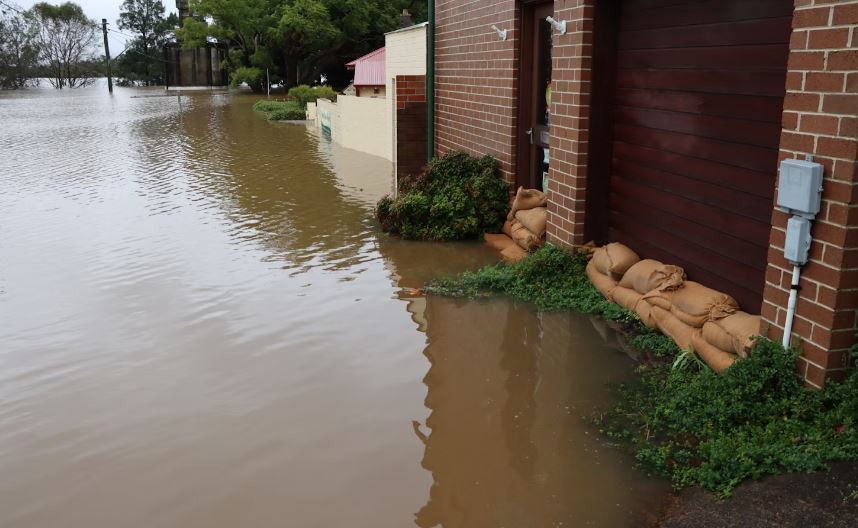When we think of natural disasters like hurricanes, earthquakes, floods, and wildfires, we often picture the immediate destruction they cause.
However, these powerful forces of nature can also have long-lasting effects on properties in the affected areas.
And these events can make it hard for people to afford to keep their homes, sometimes leading all the way to foreclosure.
In this post, I'll explain how natural disasters turn regular houses into distressed properties.
#1 Physical Damage To Properties
This is the most obvious cause. Natural disasters can seriously damage homes.
Now different natural disasters can cause different types of physical damage to properties.
Hurricanes and floods can leave homes and buildings soaked with water, which can weaken the structure and allow mold to grow.
Also Read: How to Sell a Disaster-Damaged Home
Earthquakes might cause cracked foundations, collapsed walls, and other structural issues that need major repairs or even complete rebuilding.

And wildfires can just totally burn properties to the ground, leaving nothing but ash and charred remains.
Any kind of disaster can cause physical damage to a property, making it unlivable and expensive to fix, putting the owners in a difficult situation.
#2 Property Devaluation
But it's not just the physical damage that can cause problems.
Natural disasters can also make properties in the affected areas lose value.
Buyers may hesitate to purchase homes in areas prone to natural disasters due to concerns about the risks and the potential for recurrence.
Following a natural disaster, an excess of homes might flood the market while buyers are scarce, inevitably leading to a decline in property values.
Homes in the affected area, even those not directly damaged, may lose value due to being perceived as risky.

Also Read: Distressed homes impact on values
#3 Financial Strain On Homeowners
The aftermath of a natural disaster can put a huge financial burden on homeowners.
They may need to cover the cost of repairs, find temporary accommodation while their home is being fixed, and might also experience loss of income if they are unable to work during the recovery phase.
Getting money from insurance companies can be a long and complicated process too.
Many homeowners realize they don't have sufficient insurance coverage, so they end up having to pay for most of the repairs themselves.
All of these extra costs can make it really hard for homeowners to keep up with their mortgage payments.
This could potentially lead to foreclosures or short sales.
#4 Foreclosures And Short Sales
Homeowners who are grappling with financial difficulties in the aftermath of a natural disaster may risk losing their homes to foreclosure if they are unable to afford necessary repairs or keep up with their mortgage payments.
That's when the lender takes back the property because the homeowner hasn't been making their payments.
Or, the homeowner might have to do a short sale, which means selling their home for less than the remaining balance on their mortgage.
Foreclosures and short sales can really shake up the local housing market too.
It can cause property values to drop even further.
But it also allows investors to buy these distressed properties at a lower price.
Bottom Line
Natural disasters can destroy properties, which is very hard for homeowners. But, it can also create opportunities for smart investors to make money from the situation.
Physical damage, loss of value, financial strain, foreclosures, and short sales are all potential consequences of these catastrophic events.
While we can't always predict when a natural disaster will happen, having proper insurance coverage will help a lot.
Also Read: Other Causes Of Distressed Homes
FAQs
What Natural Disaster Caused The Most Property Damage?
Looking at historical data on total economic damage, storms (including hurricanes, tornadoes, and tropical cyclones) tend to top the charts.
Their destructive power can cause widespread damage to buildings, infrastructure, and entire communities.
How Much Does Storm Damage Repair Cost?
It can cost 10’s of thousands of dollars depending on the damage. On average, it can cost around $11K.
Does A Damaged Property Automatically Mean Foreclosure?
No, not always. Government assistance programs and flexible mortgage options might be available to help homeowners recover. Or they can sell the house to a cash buyer.
However, the financial strain can be significant, increasing the risk of foreclosure.

